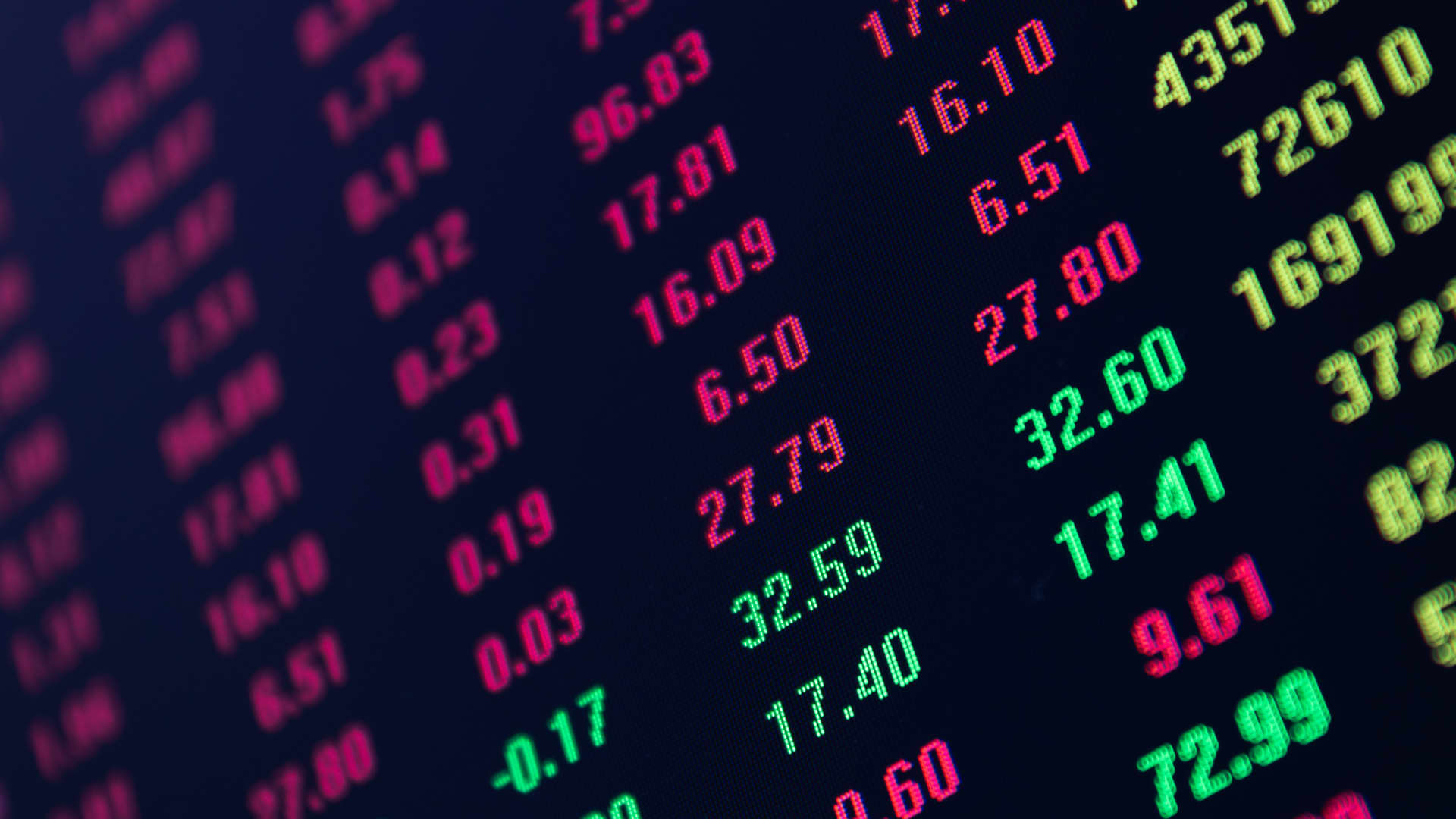Chinese President Xi Jinping attend the closing of the Third Session of the 14th National People’s Congress (NPC) at the Great Hall of the People on March 11, 2025 in Beijing, China.
Lintao Zhang | Getty Images
China has pushed back once again to U.S. President Donald Trump’s tariff policies by hiking its levies on U.S. imports to more than 80%.
China’s Office of the Tariff Commission of the State Council said tariffs on U.S. goods will rise to 84% from 34% starting on April 10, according to a translation of the announcement. This comes after the latest U.S. tariff hike — which brings levies on Chinese goods to more than 100% — took effect at the start of April 9.

The repeated escalation of the tariffs threatens to bring trade between two of the world’s most important economies to a standstill. According to the Office of the U.S. Trade Representative, the U.S. exported $143.5 billion of goods to China in 2024, while importing $438.9 billion of goods.
The Trump administration announced a sweeping new tariff policy last week, and warned other countries not to retaliate. Some nations, including Japan, have seemed willing to negotiate on tariffs, but China appears to be taking a more hardline stance and quickly announced a countertariff.
After China’s initial response to the April 2 tariff rollout, Trump announced an additional 50% hike, putting the total level for import taxes on Chinese goods at 104%.
“I think it’s unfortunate that the Chinese actually don’t want to come and negotiate, because they are the worst offenders in the international trading system,” U.S. Treasury Secretary Scott Bessent said to Fox Business on Wednesday after China’s latest announcement. “They have the most imbalanced economy in the history of the modern world, and I can tell you that this escalation is a loser for them.”
The U.S. had already imposed new tariffs on China before it rolled out its full trade policy in April. China, along with Canada and Mexico, was hit with new levies earlier in Trump’s presidency as part of what the administration says was an effort to stop fentanyl from entering the U.S.
The trade war appears to have spooked investors around the world, as global equity markets have sold off sharply in April. The S&P 500 finished Tuesday down nearly 20% from its peak, putting the leading U.S. index of a bear market. South Korea’s Kospi Index dipped into a bear market of its own on Wednesday. Stocks in Shanghai and Hong Kong are also down sharply since the U.S. tariff announcement on April 2.
This is breaking news. Please refresh for updates.




